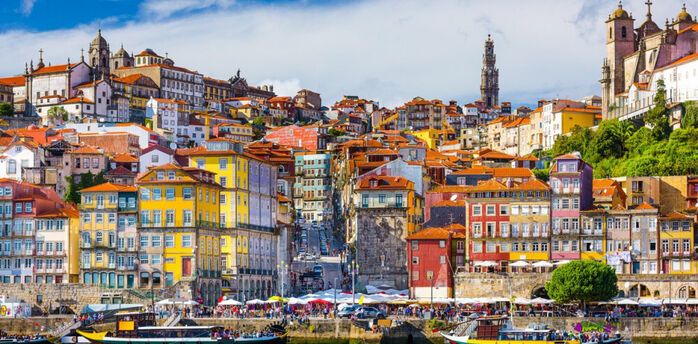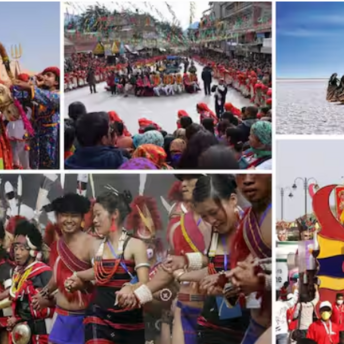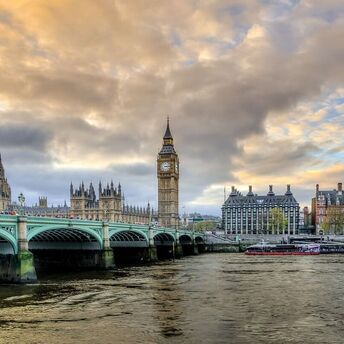Slow travel: a new trend that allows you to fully enjoy your vacation

Even while traveling, many people struggle to relax and slow down their hectic pace. They attempt to do everything: see, visit, do, and eat as much as possible to bring back numerous impressions from their vacation. However, in this endeavor and due to simple fatigue, they deplete their energy and lose the desire to explore the area.
Nevertheless, there's a great approach that allows tourists to enjoy their vacation without neglecting rest. Experienced travelers assert that slow and unhurried travel yields maximum benefits and impressions from the trip. We learned about how it works in the Huffington Post.
How does slow travel function?
Slow travel isn't about quantity but quality. It's an opportunity to leisurely savor everything the environment offers. You can stroll along the streets, admiring the local architecture, observing the townsfolk, sampling traditional dishes, and attending festivals. The key is to do so with pleasure and without excessive haste.
Paul Jacobs, general manager and vice president of Kayak North America, remarked: "Slow travel can mean different things to different travelers, but I define it as staying in one place for longer and immersing yourself in the local culture. It's a time to make real connections with the locals rather than trying to fill your schedule with tours."
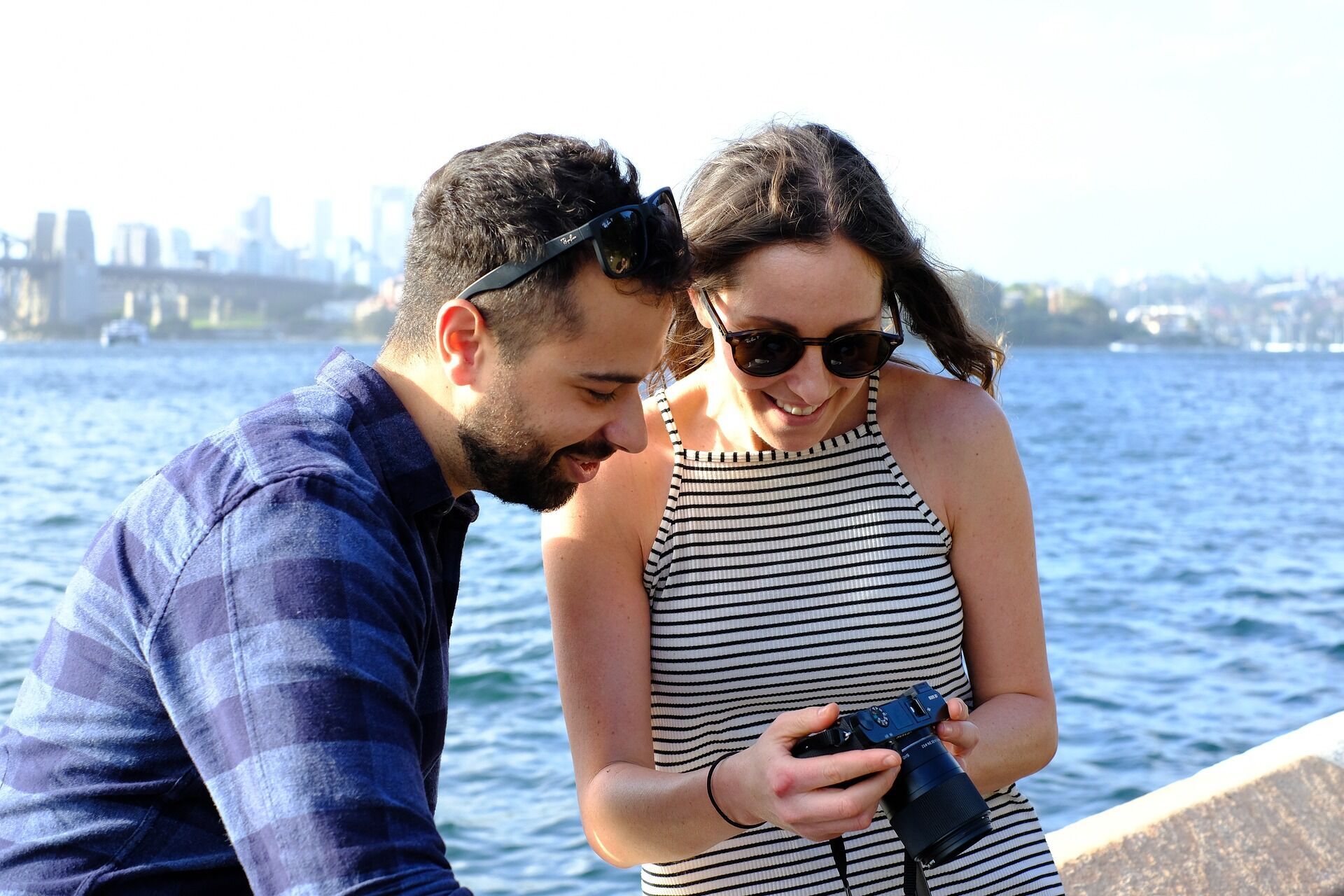
According to travel blogger Sean Lau, slow travel isn't necessarily about the number of days spent in a particular place but rather about the ability to dictate your own pace to immerse yourself in a culture. This sentiment is echoed by travel expert La Carmina, who describes slow travel as a meditative approach to deeply appreciating a culture.
"It's about being fully present in the moment and experiencing the sights, sounds, and sensations around you without distraction—allowing the experience to unfold at your own pace and without expectations," La Carmina said.
What are the characteristics and benefits of this approach?
The primary advantage of leisurely tourism is the opportunity to delve much deeper into the flavor, culture, and mindset of the country you are visiting. There's no need to rush and attempt to cover everything all at once. Instead, you can spend time interacting with locals, gaining insight into their daily lives, and establishing connections, including friendships.
Moreover, this leisurely rhythm enables you to relax and avoid the stress that can arise from trying to control and accomplish tasks or reach specific destinations.
"You'll have to unpack less, use fewer planes, trains, and cars, and simply unwind at your destination," says Mark Wolters, creator of the popular travel channel Wolters World on YouTube.
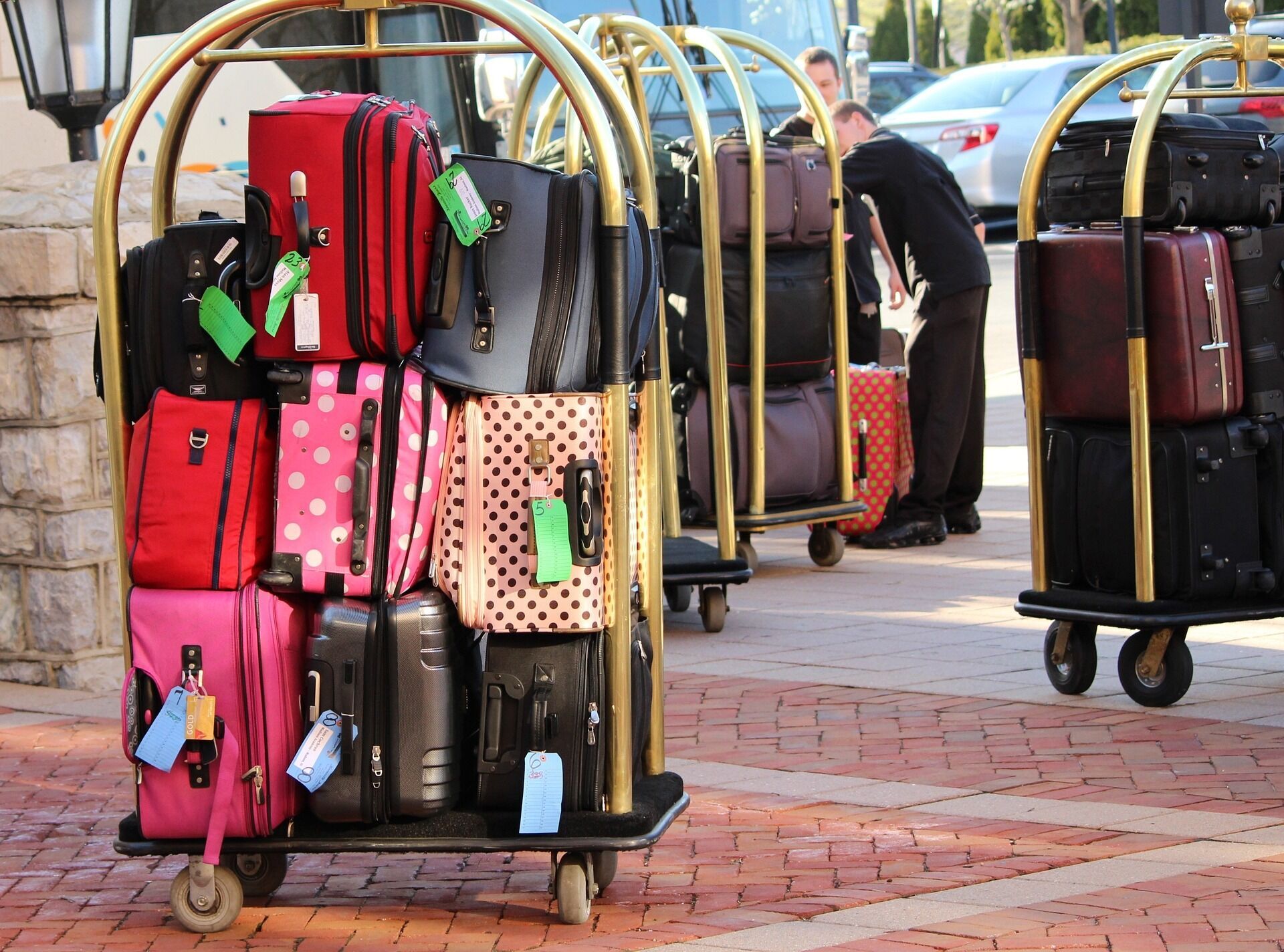
Mark points out that this style of travel is also excellent for traveling with children. Additionally, by revisiting places you've already been to during your vacation, locals may perceive you as a resident rather than a tourist. This offers a valuable experience that reveals human connections and immerses you more deeply into the area.
It's worth mentioning that such a vacation can help you save money on transportation between different destinations. Moreover, without the need to rush, you can focus more on alternative and cost-effective routes that offer much more by simply being on the road.
How can you enhance your slow travel experience?
In this scenario, everything is individual and depends on the aspirations and significance that the traveler assigns to the trip. Phil Dengler, co-founder of The Vacationer, a travel information website, suggests that "Your to-do list should be very short or non-existent."
"Either arrive with a plan to spend most of your time in just a few places, or rely on recommendations from locals on the go. When exploring a place or destination, strive to grasp its significance, rather than simply ticking it off your list. In many cases, you'll need to spend more time than usual, but you'll depart with a much deeper understanding," Dengler notes.
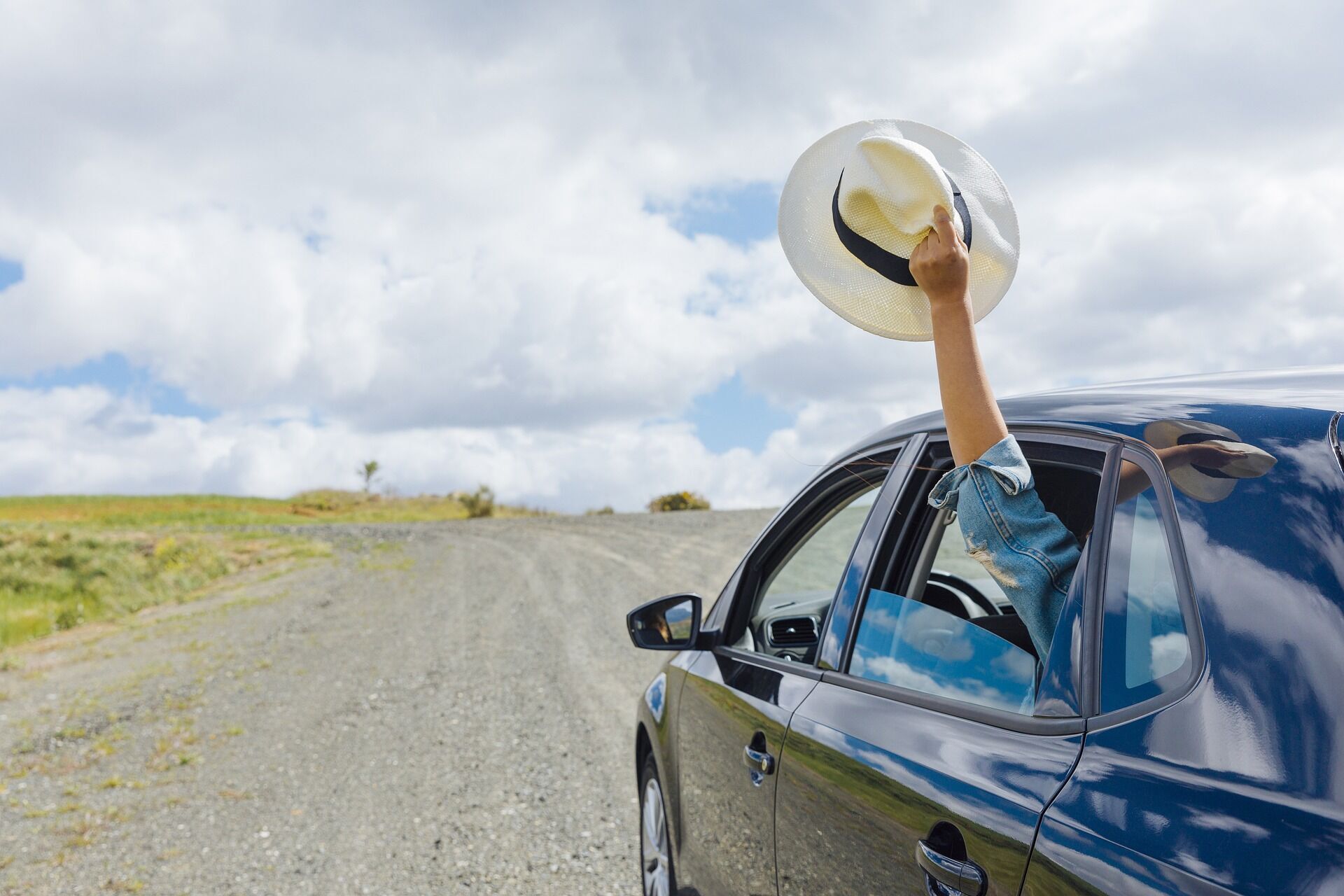
After all, a vacation isn't a competition where you have to win all the honors. You can rent a villa by the sea or stay in a boutique hotel. Alternatively, you can also rent a car to move freely to the places you are most interested in.
"We recommend mapping out your route and the sections you want to drive in a day, but only booking the first two or three nights of your stay to remain flexible if your route or timing changes," says David Woody, Country Development and Travel Expert at SIXT.











